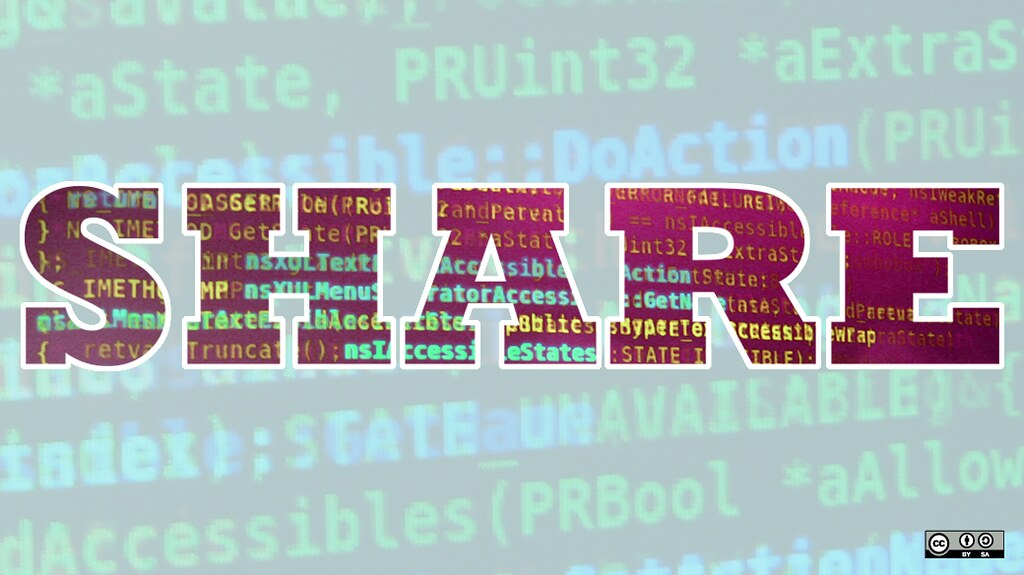In a groundbreaking study released by the Institute of Unnecessary Research (IUR), it has been revealed that a staggering 40% of people only read the headlines before sharing articles. This shocking statistic has sent ripples through the digital community, prompting experts to ask the burning question: “Why bother reading at all?”
Dr. Ima N. Reader, a leading researcher at IUR, stated, “We found that many individuals prefer the thrill of sharing a headline over the tedious task of actually reading the content. It’s like ordering a five-course meal and only eating the breadstick. Delicious, but ultimately unsatisfying.”
The study surveyed 1,000 self-proclaimed “social media influencers” who were asked to share their thoughts on sharing. One participant, who wished to remain anonymous but goes by the handle @CatMemeQueen69, said, “I don’t have time to read articles. I’m too busy curating my collection of cat memes and debating whether pineapple belongs on pizza. Headlines are like the appetizers of the internet—quick, easy, and they make me look smart at parties.”
In a related anecdote, a local man named Bob “The Headline Hunter” McGee shared his experience with headline-only sharing. “I once shared an article titled ‘Scientists Discover New Planet Made Entirely of Cheese,’ thinking it was groundbreaking news. Turns out, it was just a blog post from my cousin’s friend who really likes cheese. But hey, it got 200 likes, so who’s the real winner here?”
The phenomenon of headline skimming has led to a new trend in social media: the “Headline Olympics.” Participants compete to see who can share the most outrageous headlines without ever clicking the link. “It’s like a sport,” said self-proclaimed Headline Olympian, Sally “Clickbait” Johnson. “I once shared an article titled ‘Aliens Demand to Speak to Your Manager,’ and it went viral! I didn’t even read it. I just liked the idea of aliens being assertive.”

Critics
Critics of the headline-only approach argue that it contributes to the spread of misinformation. However, supporters claim that it fosters creativity. “Why read the article when you can make up your own ending?” said Gary “The Improv” Thompson, who has turned sharing headlines into a full-time job. “I once shared an article about a ‘World Record for Most Spoons Balanced on a Nose’ and wrote my own conclusion: ‘And then the spoons took over the world.’ It’s all about engagement!”
As the digital landscape continues to evolve, experts predict that the trend of headline sharing will only grow. “In the future, we might see a world where people only share emojis instead of headlines,” Dr. N. Reader mused. “Imagine a world where a single avocado emoji could convey an entire article about climate change. Now that’s progress!”
In conclusion, as we navigate this brave new world of headline sharing, one thing is clear: reading is overrated, and sharing is caring—especially when it comes to headlines that may or may not be true. So, the next time you see a headline that tickles your fancy, remember: who needs context when you can have clicks?








